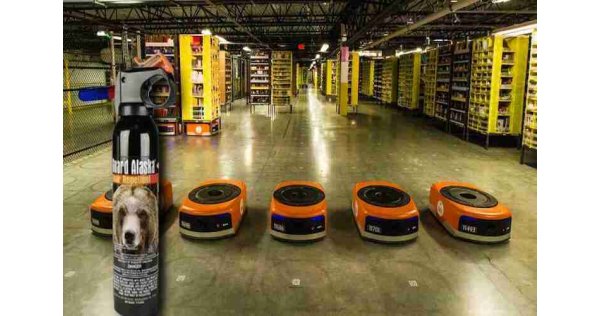The Controversy Surrounding AI Actor Tilly Norwood in Hollywood
The recent introduction of Tilly Norwood, an AI-generated actor hailed as the next Scarlett Johansson, has ignited significant debate within Hollywood circles. This digital creation has sparked a wave of criticism and concern about the future role of artificial intelligence in the entertainment industry.
Economic Motivations Behind AI in Film
The rise of AI actors like Tilly Norwood is largely driven by economic incentives rather than artistic ambitions. Streaming giants such as Netflix, which currently boasts around 300 million subscribers and generates approximately $40 billion in revenue against $17 billion in content expenses, are motivated to reduce costs. AI technology offers a way to cut expenses by replacing human talent and accelerating production processes.
Netflix’s content strategy, for example, is less about championing high art and more about retaining subscribers across diverse tastes. High-profile productions like The Power of the Dog exist primarily to keep premium subscribers engaged, while shows like Love is Blind in multiple languages serve to maintain interest among fans of reality dating formats. AI’s potential to produce content faster and cheaper aligns perfectly with these business goals, making its adoption inevitable for such companies.
Limitations of AI in Creative Performance
Despite the hype, AI’s current capabilities in acting remain limited. Critics point out that AI lacks an understanding of humor, timing, and emotional nuance, which are essential for compelling performances. Early demonstrations of AI actors have been described as technically impressive but emotionally hollow, failing to engage audiences on a meaningful level.
Most AI-generated film content so far consists of simple shots featuring a single character addressing the camera directly, often in a spokesperson style. What remains absent is a convincing portrayal of complex dramatic interactions between multiple AI characters, which is crucial for storytelling in cinema.
Industry and Audience Reactions
The unveiling of Tilly Norwood has triggered a backlash among industry professionals and audiences alike. Many express concern that AI actors could undermine the value of human creativity and employment in the arts. Others worry about the implications for storytelling quality and the authenticity of performances.
At the same time, some acknowledge that AI could serve as a tool to complement human creativity rather than replace it entirely. However, the consensus remains cautious, emphasizing that current AI technology is far from capable of replicating the depth and spontaneity of human actors.
The Future of AI in Entertainment
As AI continues to evolve, its role in entertainment will likely expand, but significant challenges remain. The technology must overcome hurdles related to emotional expression, narrative complexity, and audience connection before it can be considered a viable substitute for human actors.
For now, AI actors like Tilly Norwood represent a provocative glimpse into a possible future where cost-efficiency drives content creation, but the artistic soul of cinema remains a human domain.


